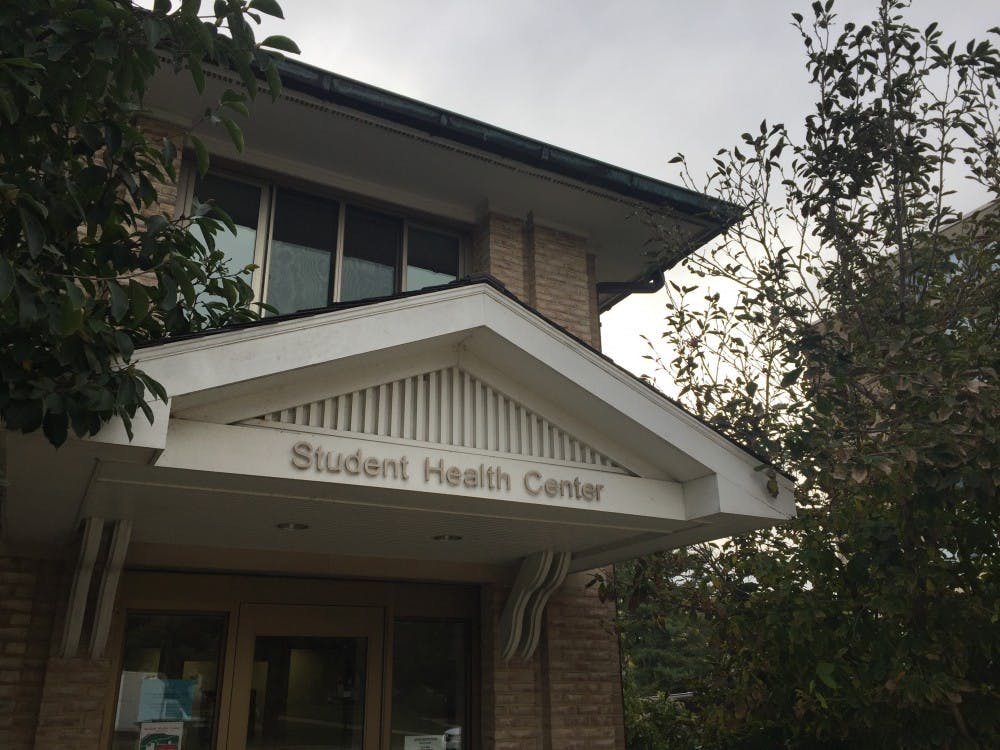American University has been notified of a new suspected mumps case by the D.C. Department of Health, David Reitman, the director of the Student Health Center, announced Friday. This brings the total to seven mumps cases reported at the University.
Mumps cases have also been reported at Catholic University and Georgetown University. The D.C. Department of Health told the Washington Post that the cases appear to be connected.
Two of the seven cases at AU now have “laboratory confirmation” of the mumps diagnoses from the Department of Health, Reitman wrote. He added that the remaining five cases are classified as “probable diagnoses.”
All but one case involve students who live off campus, Reitman wrote. The student with the most recent case is a resident of Leonard Hall and has been isolated, he said. Those who have been in close contact with the student have been notified and have received guidance from the D.C. Department of Health
“Every student with suspected Mumps was fully immunized,” Reitman wrote.
Currently, all students under age 26 must show proof of vaccination against the mumps at 1 year old and 5 years old, unless they have a specific medical issue. Reitman noted that the University has been in “daily contact” with the D.C. Department of Health and the Centers for Disease Control and Prevention to determine if any students meet the criteria for a third mumps vaccine.
“Currently the CDC is only recommending a third booster dose for individuals thought to be at high risk of catching mumps,” Reitman said. “At this time, they have determined that the student population as a whole is not considered to be high risk and subsequently they are not recommending that we offer the third vaccine.”
The most common symptoms of mumps include fever, headache, muscle aches, tiredness, loss of appetite and swollen salivary glands, according to the CDC. Symptoms typically appear 16-18 days after infection, but some people with mumps get very mild or no symptoms and may not know they have the disease at all, according to the CDC.
Mumps spreads through the transmission of saliva or mucus “from the mouth, nose or throat of an infected person,” according to a fact sheet by the D.C. Department of Health. Reitman recommended that students avoiding kissing and sharing drinks or eating utensils to prevent the spread of the illness. Frequent hand washing is “also an important way to protect yourself,” Reitman wrote.
Students who exhibit any mumps symptoms are encouraged to contact the Student Health Center for guidance.





